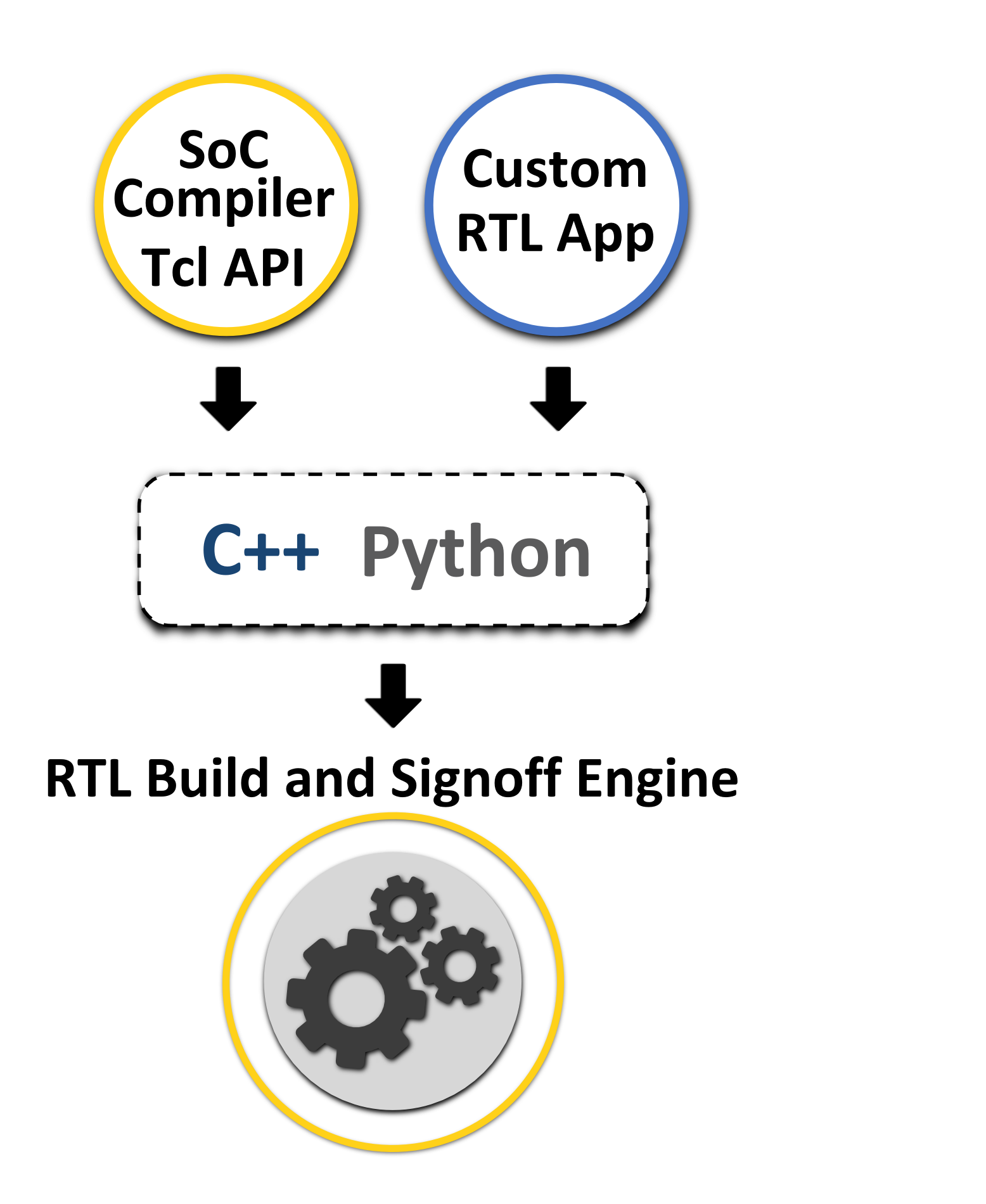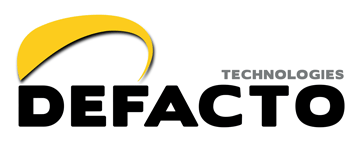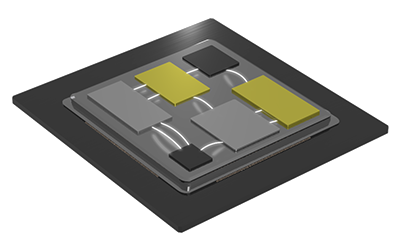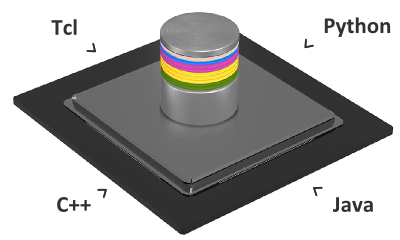To make the pre-synthesis SoC integration process efficient and cost-effective, Defacto’s SoC Compiler provides a rich set of APIs which are accessible to a large number of users: RTL designers, architects, design verification engineers, power and clock management teams, DFT engineers and back-end engineers.
The provided APIs are either high or low-level according to the user needs with a high level of customization.
High-level APIs are dedicated to end-users with the support of several scripting languages: Python, Tcl, etc.
Low-level APIs are more dedicated to CAD teams who need to access the internal datastructure of SoC Compiler to better customize the flow for end users. The supported low-level languages are C++ and Python.
Benefits
- Accelerate software development by allowing developers to devote their time to meet software requirements
- Unify design data extraction through common APIs
- Easily migrate internal scripts and applications
- Improve the efficiency of creating new applications
- Help focusing on application requirements instead of the application infrastructure
- Portable solutions, from one design cycle to the next and across multiple projects
Features
- Provide unique customization capabilities
- User-friendly multi development language API
- C++, Python, Tcl
- Cost-effective custom EDA tool development
- File_list support for simplified RTL input management
- Common database and language independent API for any RTL format (Verilog, SystemVerilog, VHDL)
- Design hierarchy handling
- Advanced API for connectivity handling
- Easy plug-in development and integration with other tools
Typical Applications
- Connectivity extraction
- Implementation of custom DRC engine for RTL quality verification & fixing
- SoC topology (hierarchy information) extraction
- RTL build and Integration
- Top level generation starting from sub-modules RTL definition
- IP integration using RTL and/or IP-XACT descriptions
- Design Manipulation
For More Information :


Other products and solutions :

 Front-End SoC Integration
Front-End SoC Integration Checks and Verifications
Checks and Verifications Open APIs and Customization
Open APIs and Customization